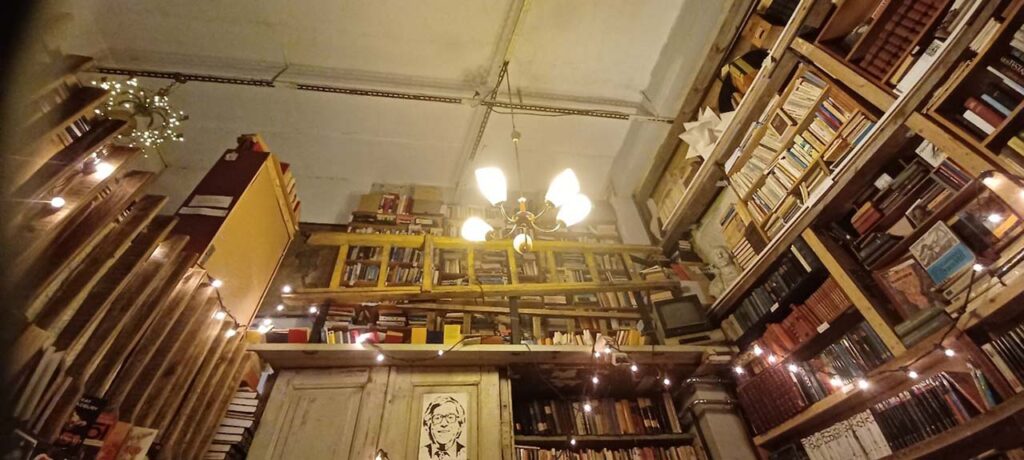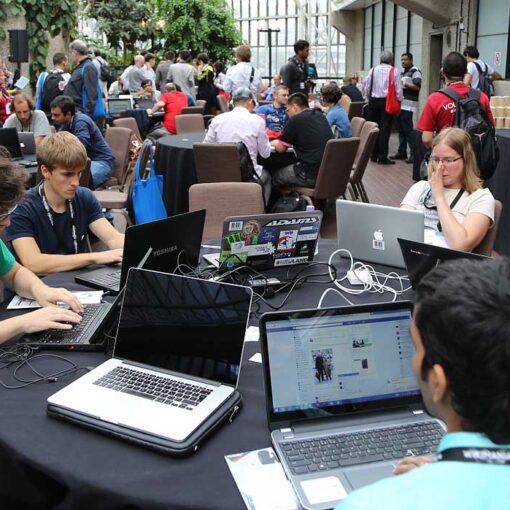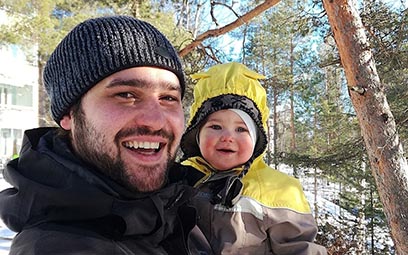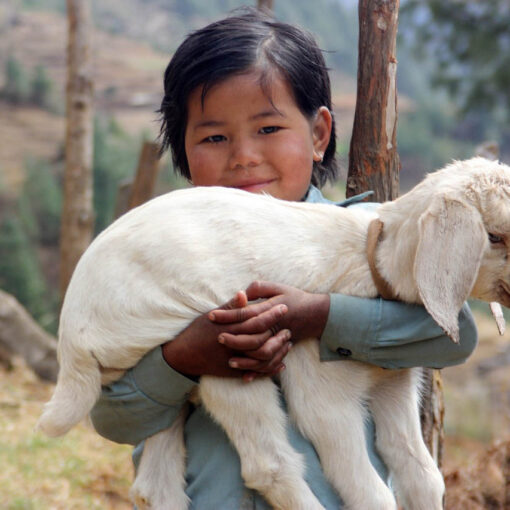ISEE – Innovating Social Entrepreneurship Education -project (LAB 2022) started in the spring of 2020. The project had got funding from Central Baltic ‒ a program that aims at improving the lives in Central Baltic regions. As the name indicates, the main of the project was to develop aligned social entrepreneurship education with four project partner institutions, LAB University of Applied Sciences (LAB), University of Tartu (UT), Riga Technical University (RTU), and KTH Royal Institute of Technology (KTH). In this blog, we describe the phases of education development to share our experiences with other aligned education developers.
Building own understanding
To start with, we investigated what kinds of courses and contents there exists in our institutions regarding the topic. The University of Tartu had the most extensive offering, five courses with titles addressing directly social entrepreneurship or social enterprise aspects. KTH had one of the oldest courses in social entrepreneurship that had been running for approximately 20 years. Also, RTU was offering a practical course on social entrepreneurship.
At LAB we did not have the title social entrepreneurship in courses, but we had courses such as Responsible business, Business, ethics and environment and Responsible tourism and management, where social entrepreneurship can be occasionally touched upon.
We also started collecting knowledge and datasets to add our own understanding. We collected data through EU country and synthesis reports about social entrepreneurship in Europe and interviewed social enterprises and social entrepreneurship organizations in our countries (Pajari & Myyryläinen 2021). To be able to have a wider perspective and common understanding we shared all our outcomes with each other.

Developing learning materials
Based on what we had learned, we started creating learning materials, and each partner organization also piloted its learning materials and collected feedback from students. Materials were also tested during the international intensive week and student feedback collected. Overall, the feedback about the topic and contents was encouraging ‒ students are interested in studying about socially or environmentally motivated businesses.
At the same time, we started creating the overall learning objectives for our future courses, as well as the roles and intended learning objectives for each module. We started reviewing contents also from the perspective of the student and the scope of the course. Similarly, we started creating learning methods for each module to support the learning process of each module.
Finally, we also had to initiate the institutional curricula processes in an early phase already, and the work continues. The courses developed during the project will be offered in English and online. Each partner institution is working for opening registration for also students from other institutions. A student from any institution can register for all four complementary courses or just one of the courses to study social entrepreneurship and social enterprises.
Authors
Heidi Myyryläinen works as a RDI Specialist at Business Unit at LAB University of Applied Sciences.
Anna Pajari works as a Senior Lecturer at Business Unit at LAB University of Applied Sciences.

References
LAB. 2022. LAB University of Applied Sciences. iSEE. Innovating social entrepreneurship education. Project. Cited 21 Oct 2022. Available at https://www.lab.fi/fi/projekti/isee-innovating-social-entrepreneurship-education
Pajari, A. & Myyryläinen, H. 2021. Doing good by doing business. LAB Focus. Cited 21 Oct 2022. Available at https://blogit.lab.fi/labfocus/en/doing-good-by-doing-business/




